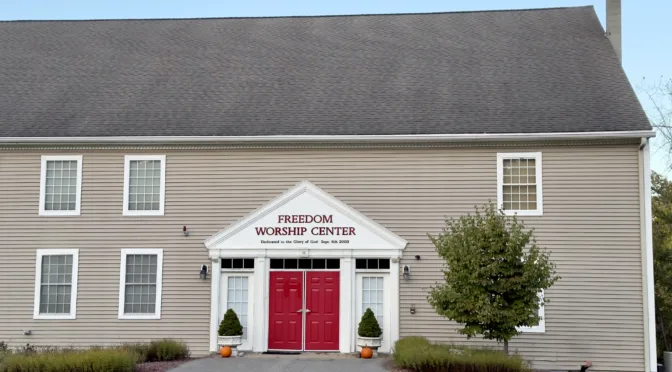In a small village nestled in the shadow of a snow-capped mountain, there stood a humble home with a single candle glowing in its window. The family who lived there, the Carters, had a tradition passed down through generations: every Christmas Eve, they would place a candle in the window to guide weary travelers and remind their neighbors of the light of Christ.
As the years passed, the meaning of the candle began to fade for many in the village. People grew busy with their own plans and problems. But the Carters kept their light shining, believing that even a small flame could pierce the deepest darkness.
One particular Christmas Eve, the snow fell heavy and unrelenting, blanketing the village in icy silence. Inside their home, the Carters prepared for their simple celebration. The parents, John and Miriam, prepared a modest meal, while their children, Grace and Peter, set the table. Though they had little, their hearts were full, for they knew that the greatest gift of Christmas was the love God had shown through His Son.

As the family gathered, a knock came at the door. Peter opened it to find a frail old man shivering in the cold. He was a stranger to the village, his face lined with years of hardship. Without hesitation, John invited him in, wrapping the man in a warm blanket and offering him a seat by the fire. Miriam set an extra place at the table, and Grace poured him a steaming cup of tea.
The man, who introduced himself as Henry, said little at first, overwhelmed by the warmth of their welcome. But as he ate and listened to their stories, his eyes began to brighten. He shared that he had been traveling for days, searching for a place to spend Christmas, when he saw the candle in their window. “It was like a beacon in the storm,” he said softly. “I thought no one cared anymore. But your light called me home.”
After dinner, they gathered by the fire to read the Christmas story. When John read, “For God so loved the world, that He gave His only begotten Son, so that whoever believes in Him shall not perish, but have eternal life” (John 3:16, AMP), Henry’s eyes filled with tears. He explained that he had once known God but had wandered far from Him. That night, as the family prayed, Henry recommitted his heart to the Lord.
The next morning, the Carters found Henry had left early, leaving behind only a note. It read:
“You gave me the greatest gift—family, love, and the reminder of God’s light. I will carry it with me always.”
As the years went by, the Carters continued to light their candle, and more weary travelers found their way to their table. The simple act of sharing Christmas—through warmth, love, and the light of Christ—became a living testament in their village. Others began lighting candles in their windows, and soon, the entire village glowed with light every Christmas Eve.
And so the lesson endures: when we share Christmas with others, especially those in need, we reflect the light of God’s love, a flame that can never be extinguished.
Heavenly Father, thank You for the gift of Your Son, the light of the world. Help us to share Your love and the joy of Christmas with others, so that Your light shines brightly in us. May we always open our hearts and homes to those in need, reflecting Your grace and truth. Amen.










